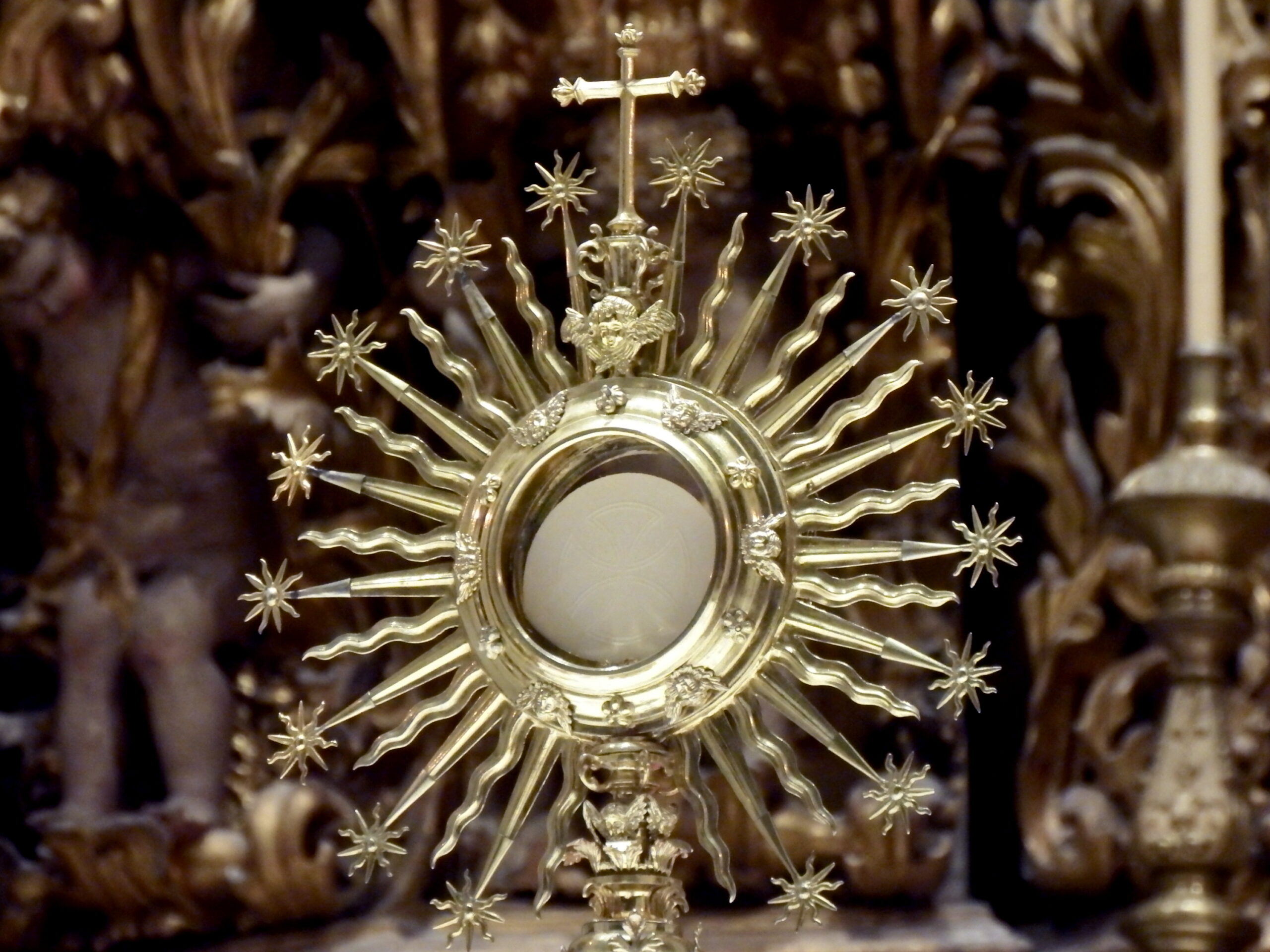There are many bold sinners who, when they are punished for their crimes and threatened with hell fire, wont audaciously to answer: “Wherever I go, I shall at any rate not lack company,” as if the presence of others could afford any solace to them, or any alleviation of their torment.
In order that these shameless sinners may see how wrong they are to speak thus, and how little cause they have to anticipate any relief from the company in which they will find themselves, this chapter shall be devoted to showing them how woeful that company will be, and how it will aggravate their misery. The society of the damned consists of devils and lost souls. Both of these are countless in number.
As for the society of the devils, this is so detestable that it may be reckoned as the worst penalty of the lost in hell. The place of torment would be far less deserving of this name were there no devils in it. On account of the multitude of demons there, such confusion, such grief, such misery, such tyranny prevails, that it is heartbreaking even to think of it.
We mortals have no worse enemy than the Devil, who hates us with so intense a hatred that he longs every moment to hurl us down into the abyss of perdition. And when at length he has got some one into his power, he deals with him more barbarously than a savage despot ever dealt with his deadliest foe. All the envy and hatred which at the time of his fall he conceived against God, and which he cannot vent upon Him, he vents upon the damned, tormenting them with plagues the very thought of which makes a man’s blood run cold. Even if he were not to do any harm to the damned, the mere fact of his dwelling with them for all eternity would be such terrible misery for the unhappy sinners, that the horror of their position would be like a continual death to them.
Of all the fallen spirits, not one is so abominable as the chief of all, the haughty Lucifer, whose cruelty, malice, and spite render him an object of dread not merely to the damned, but also to the devils subject to him. This Lucifer is called by various names in Holy Scripture, all indicating his malignity. On account of his repulsiveness he is called a dragon; on account of his ferocity, a lion; on account of his malice, the old serpent; on account of his deceitfulness, the father of lies; on account of his haughtiness, king over all the children of pride; and on account of his great power and might, the prince of this world.
Listen to what the Fathers of the Church and some expositors of Holy Scripture say of the dreadful appearance that Satan presents: They apply to him the description given of the leviathan in the book of Job: “Who can discover the face of his garment, or who can go into the midst of his mouth? Who can open the doors of his face?”
It is the opinion of St. Cyril, St. Athanasius, St. Gregory, and other learned expositors of both the Greek and Latin Churches, that although this description, taken literally, is that of a monster of the sea, yet it is intended, in its mystic sense, to apply to Lucifer. And if one compares what is said of the leviathan with the attributes ascribed to the prince of darkness, it is impossible to deny their coincidence; moreover, one knows as a general fact that evil things have their types and figures in the natural world as well as good things—the one serving us for warning, the others for an example.
We read much the same thing in the life of St. Catherine of Siena. She too declared that she would rather walk through a flaming fire than gaze for one instant at the Devil. If the mere sight of the evil one is so appalling that the saints think it more intolerable than the pain of exposure to a burning fire, what, my God, must be the fear and horror of the damned, dwelling forever in the midst of countless fiends!
This article is taken from a chapter in The Four Last Things by Fr. Martin von Cochem, OSF, which is available from TAN Books.







